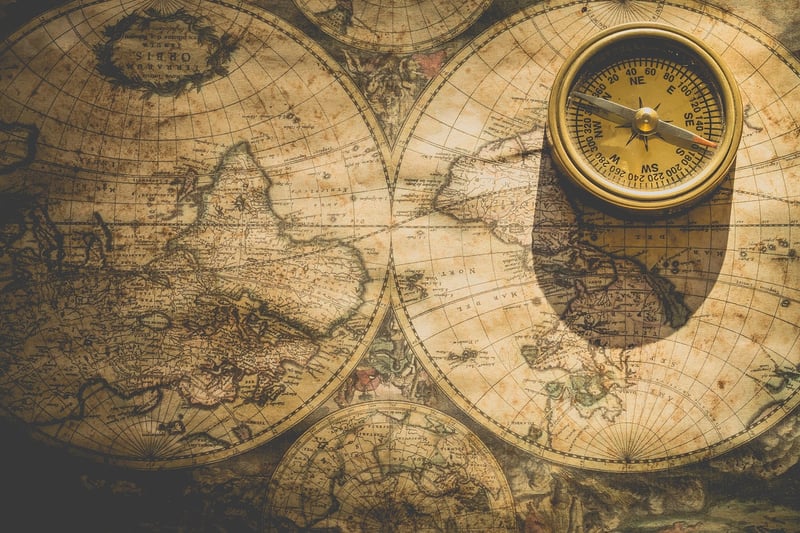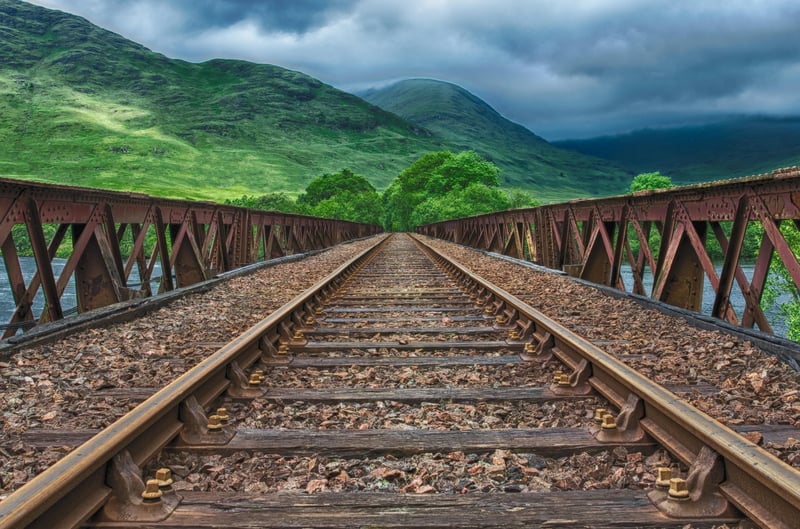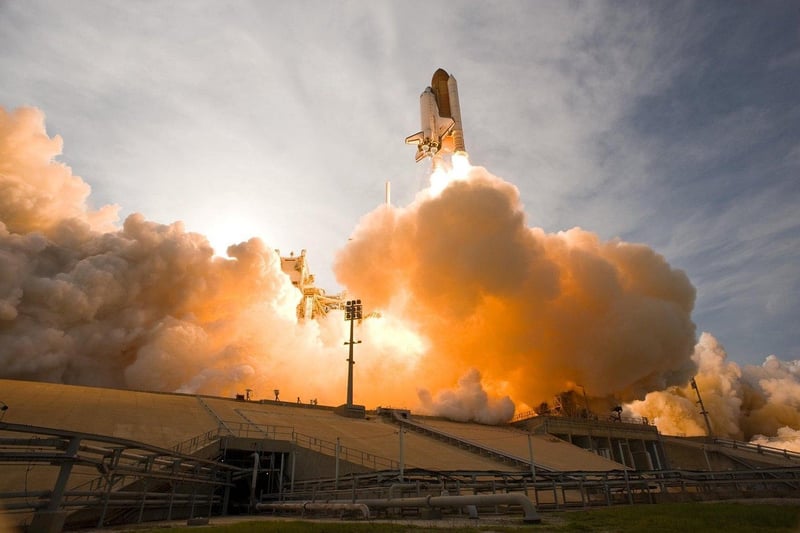Future Exploration
Exploring Different Eras and Future Exploration
Introduction
Exploring different eras and future exploration offers a fascinating journey through time and space. From ancient civilizations to cutting-edge technology, each era brings its own unique discoveries and innovations. Let's delve into the past and gaze towards the future of exploration.
Ancient Eras
Ancient civilizations like the Egyptians, Greeks, and Romans laid the foundation for exploration. They navigated the seas, built magnificent structures, and made groundbreaking discoveries in science and mathematics. Their legacy continues to inspire us today.

Medieval and Renaissance Period
The medieval and renaissance period saw a resurgence in exploration with the voyages of Marco Polo, Christopher Columbus, and Vasco da Gama. These explorers opened up new trade routes, discovered new lands, and connected the world in ways never seen before.

Industrial Revolution
The industrial revolution marked a significant shift in exploration with the advent of steam power, railways, and telegraph communication. It fueled expeditions to the far reaches of the globe and led to advancements in science and technology.

Space Age
The space age ushered in a new era of exploration with the launch of Sputnik, the Apollo moon landings, and the Mars rovers. Humans reached for the stars, expanding our understanding of the universe and pushing the boundaries of what is possible.

Future Exploration
The future of exploration holds endless possibilities with advancements in robotics, artificial intelligence, and space travel. From colonizing Mars to deep-sea exploration, the next frontier beckons us to push the limits of human knowledge and imagination.

Conclusion
Exploring different eras and future exploration is a testament to human curiosity, innovation, and resilience. As we look back at our past and ahead to the future, let's continue to push the boundaries of exploration and unlock the mysteries of the universe.
